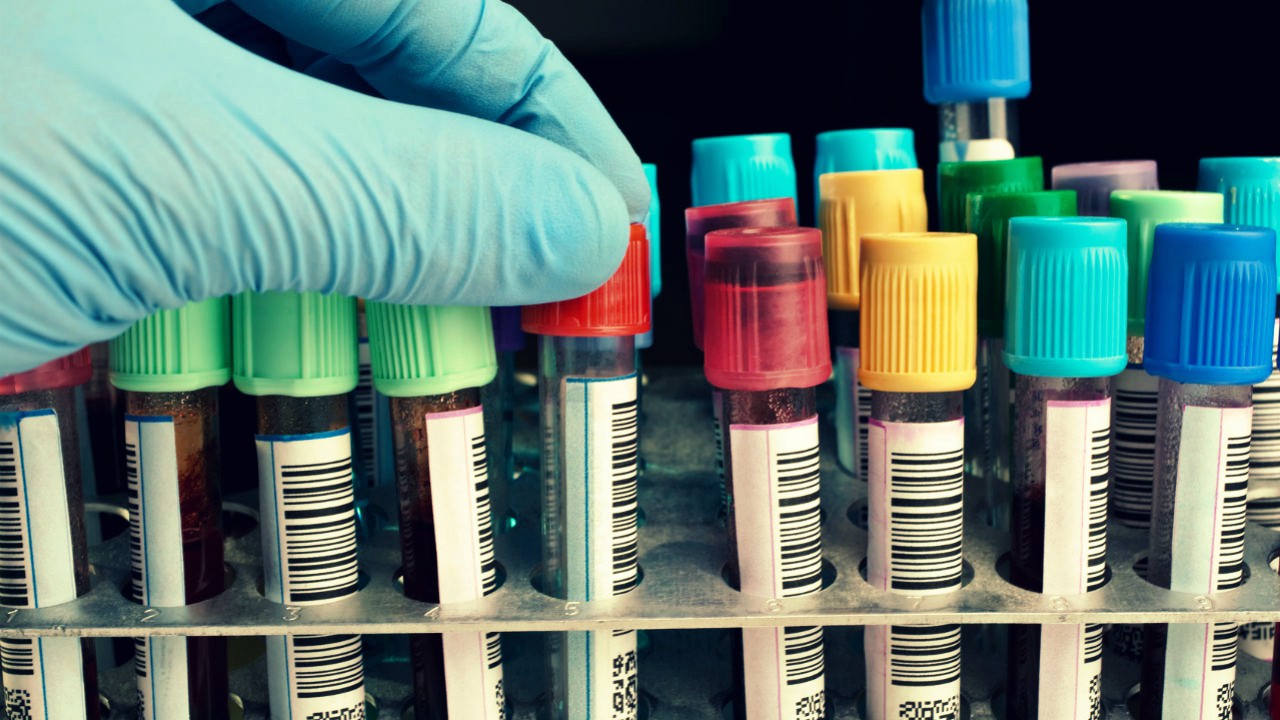Your bad cholesterol is too high. Your good cholesterol is too low. If I’d put a dollar in the bucket every time I’ve heard my doctor tell me that I need to lower my “bad” (low-density lipoprotein – LDL) cholesterol and raise my “good” (high-density lipoprotein-HDL) cholesterol, I’d probably have been able to take an around the world vacation by now and bring the whole family along! The raise-your-good-cholesterol-and-lower-your-bad-cholesterol is a mantra that many hear repeated on the lips of our doctors for years after the results from our annual cholesterol check are in. Like sheep, we dutifully go forward on a quest to lower the bad and raise the good.
New research, however, indicates that sometimes having too much of a good thing isn’t really so good for us after all. The American Heart Association recently published findings in its journal, Arteriosclerosis, Thrombosis, and Vascular Biology, which indicated that higher levels of good cholesterol may actually cause some people to be at greater risk for developing heart disease or suffering a coronary or cardiovascular event such as heart attack, death, or chest pains.
The discovery was made in part as a result of a highly publicized trial conducted by Pfizer for the HDL cholesterol raising drug, torcetrapib. Since its long been assumed that higher levels of HDL cholesterol are good for everyone, torcetrapib would have been a home run both financially for Pfizer and for patients seeking to raise their low HDL cholesterol levels. The early study was discontinued in 2006 because researchers saw an unusually high number of cardiovascular events, including participant deaths. The common thread between the coronary events was the levels of the participants HDL cholesterol. Surprisingly, the cardiac events were not being suffered by participants with low HDL cholesterol. The participants involved in the cardiac events were those with higher levels of HDL cholesterol.
The findings that high levels of good cholesterol can be too much of a good thing for some people were also reported in a study sponsored by the National Heart, Lung and Blood Institute at the National Institutes of Health. Using a technique called outcome event mapping, the research team was able to identify a subgroup of persons for whom higher levels HDL cholesterol actually causes a greater risk of a cardiac event. According to the lead author in the study, Dr. James Corsetti, M.D., PhD. (University of Rochester Medical Center), “We’ve confirmed that high HDL cholesterol is in fact associated with risk in a certain group of patients.”
Just who is included in this “certain group of patients?” How do you know whether or not you are at risk? Researchers found that the at risk group included persons with high levels of both HDL cholesterol and C-reactive protein (CRP). CRP is a marker for inflammation which is associated with heart disease. Persons with high HDL levels coupled with high CRP levels were found to have a higher incidence of cardiac events. This study is not the only one to challenge the conventional notion that all HDL cholesterol is good. Other studies, such as Prevention of Renal and Vascular End-Stage Disease (PREVEND), also confirm that high levels of HDL cholesterol are not beneficial for persons who also have high CRP markers.
What does this mean to you? Again, it always comes back to looking at the complete health picture. Discuss these findings with your doctor and find out if the CRP levels need to be tested along with your blood cholesterol levels in order to get the full heart health picture.
Source:
University of Rochester Medical Center (2010, May 26). More 'good' cholesterol is not always good for your health. ScienceDaily. Retrieved May 31, 2010, from http://www.sciencedaily.com¬ /releases/2010/05/100525111944.htm






Add a CommentComments
There are no comments yet. Be the first one and get the conversation started!